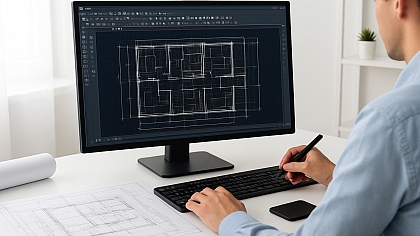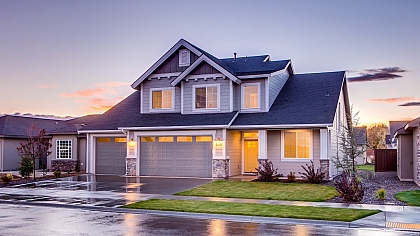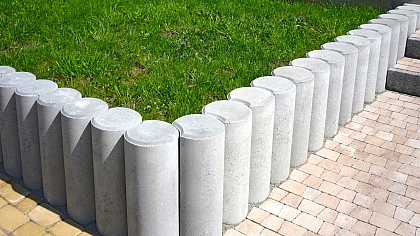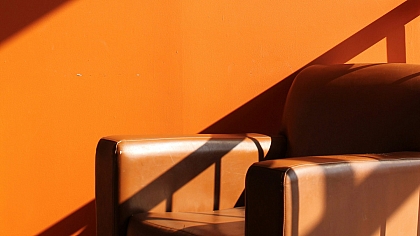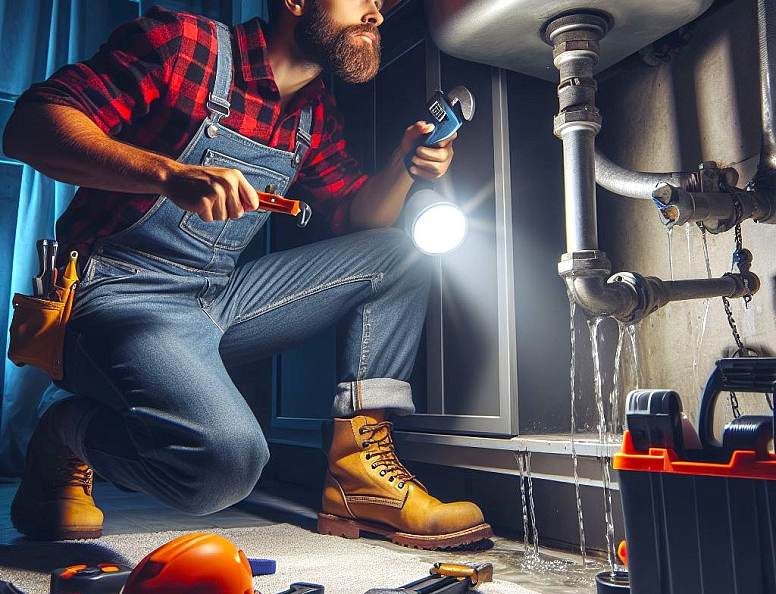
Emergency Plumbing Dos and Don'ts Every Homeowner Should Know
Emergencies can strike at any time, and when it comes to plumbing, knowing what to do (and what not to do) can make a significant difference.
Here are some essential dos and don'ts every homeowner should know when faced with a plumbing emergency.
Do:
- Shut Off the Water: In case of a burst pipe or major leak, locate the main water shut-off valve and turn it off to stop the flow of water. This can help prevent further damage to your home.
- Call a Professional: For serious plumbing issues, such as major leaks, sewer line backups, or burst pipes, it's best to call a licensed emergency plumber They have the expertise and tools to address the problem safely and effectively.
- Contain Small Leaks: If you notice a small leak, try to contain it by placing a bucket or bowl under the leak to collect the water. You can also use towels or rags to soak up any excess water.
- Turn Off Appliances: If you suspect a plumbing issue with an appliance, such as a washing machine or dishwasher, turn off the appliance to prevent further damage and potential electrical hazards.
- Use a Plunger: For minor clogs in sinks, toilets, or showers, using a plunger can often resolve the issue. Make sure to use a plunger that is designed for the specific type of drain you are unclogging.

Don't:
- Ignore Leaks: Even small leaks can lead to significant water damage over time. It's essential to address leaks promptly to prevent further damage to your home's structure and plumbing system.
- Use Chemical Drain Cleaners: Chemical drain cleaners can damage your pipes and may not effectively clear clogs. It's best to avoid using these products and opt for safer alternatives, such as a plunger or plumbing snake.
- Attempt DIY Repairs: While it may be tempting to try and fix a plumbing issue yourself, DIY repairs can often make the problem worse. It's best to leave plumbing repairs to the professionals to avoid causing further damage.
- Overuse Your Garbage Disposal: Avoid putting large quantities of food scraps, grease, or fibrous foods down your garbage disposal, as this can lead to clogs and other plumbing issues.
- Flush Foreign Objects: Toilets are designed to handle human waste and toilet paper. Flushing items like wipes, paper towels, or feminine hygiene products can lead to clogs and sewer backups.
By following these dos and don'ts, you can help prevent plumbing emergencies and ensure that your home's plumbing system remains in good working order. If you do encounter a plumbing emergency, don't hesitate to contact a professional emergency plumber for assistance.
LEAVE A COMMENT
Recent Posts
0.2378



